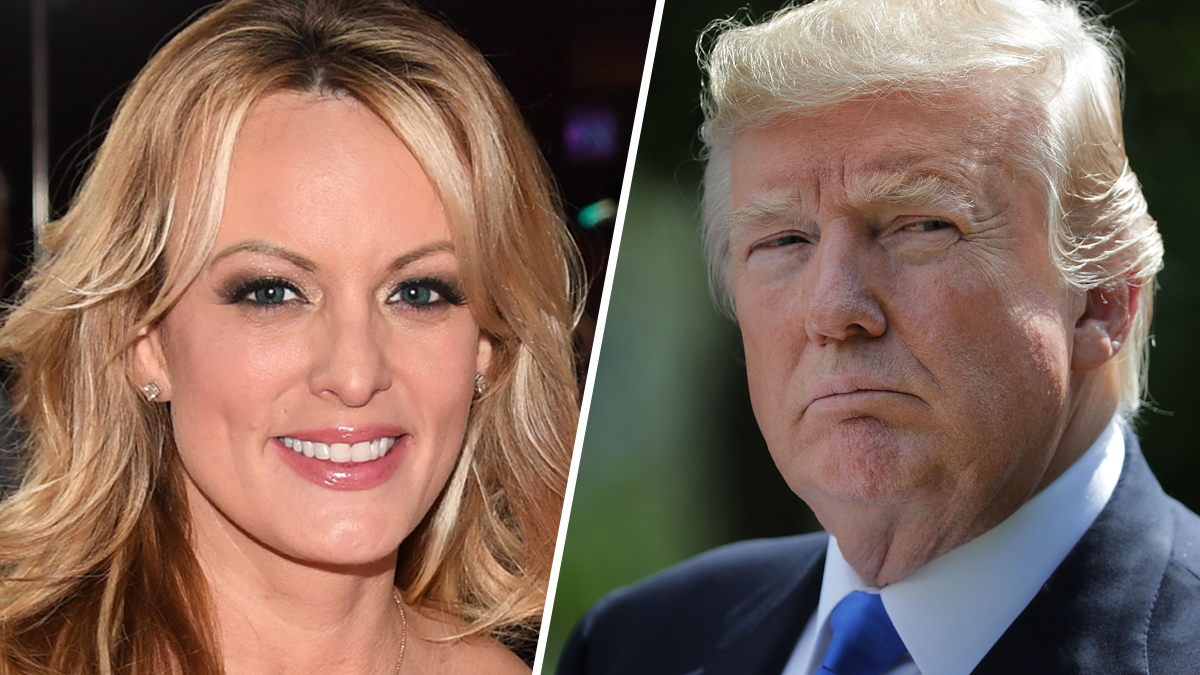The Facebook public image offensive continued today with a press conference at the social network’s Palo Alto headquarters announcing its new “simplified” privacy settings.
The event is a marked departure from Facebook’s standard method of announcing changes, which is to simply make changes and tell users after the fact. The news conference follows a tumultuous month of growing discontent with the site’s increasingly complex privacy settings. There has also been a string of bugs that leaked profile info to advertisers and private e-mails and chats to random users.
"We just didn’t communicate as well as we should have," Facebook founder and CEO Mark Zuckerberg said, acknowledging the backlash.
"Feedback we got from users really resonated. That's why we holed up for the last couple of weeks," brainstorming and developing the changes the site will roll out over the next week.
Zuckerberg broke down those changes into three categories:
Sharing: One simple control, with options
Last month’s changes required users to navigate 50 settings (with more than 170 options) to set up profile privacy, as shown in a recent New York Times infographic.
Change: One control will lock down all information — a change that will be retroactive on the site — with the option for granular changes.
Basic directory information: Less of your info will be out there
As of December, Facebook users were no longer able to hide profile information such as current city, hometown, education, work, likes, interests, and friends — unless they deleted that content.
Change: Less of this information will be publicly available.
U.S. & World
Platform: Facebook and friends won't follow you all over the Internet
Currently, if your Facebook friends have not adequately battened down their own privacy profiles, any third-party application or advertisement you access via Facebook has access to their profiles as well.
Further, the new instant personalization means that users who access Facebook's partners Yelp, Pandora or Microsoft allow those sites to access profile information — unless you opt out of each, individual site. (Msnbc.com is a joint venture of Microsoft and NBC Universal.)
Change: Users will be able to leave the Facebook platform and prevent apps, advertisers and partners from accessing the profile of their Facebook friends.
Throughout the press conference, Zuckerberg dismissed media criticism that last month’s changes to the privacy policy were made for monetary gain.
As with all changes to the site, he said, April’s updates were meant to improve user experience for the site's nearly half-billion users — not to offer up even more user information to advertisers.
Regularly returning to the site's meteoric rise over its six-year existence, Zuckerberg stressed that the way the site is used now is vastly different from its beginnings in his Harvard dorm room. To that end, "We try to be innovative and iterative in our development," he said.
This isn’t the biggest “backlash” Facebook has experienced, Zuckerberg said. That came with the “newsfeed” changes to the site, which resulted in protests outside the Facebook offices.
What’s more, he noted, the current discord is not reflected on the site itself. Despite campaigns to quit Facebook, there have been no noticeable changes in the 400 million-plus membership number.
The mea culpa tour continues tomorrow in Washington D.C. when Facebook representatives meet with House and Senate staff to discuss the changes announced today. While Zuckerberg says otherwise, it's most likely a concession to the Federal Trade Commission, which recently raised concerns following a letter from four Senators demanding that the government organization examine Facebook's policies.



